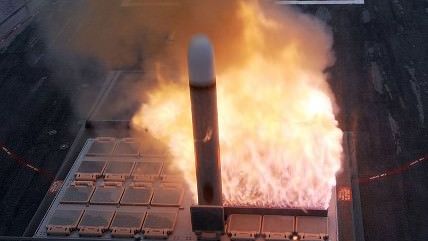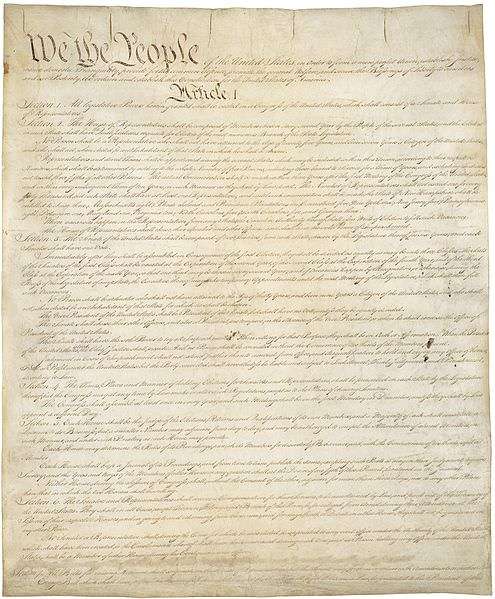Congress May Not Pass Authorization For Strike Against Syria, Obama Believes He Can Intervene Anyway


Last Saturday, President Obama said that he would seek Congressional approval for a military strike on Syria. Since then, around 100 members of Congress have returned to Washington D.C. from recess for a classified intelligence briefing on the situation in Syria. According to the Los Angeles Times not many of the members of Congress who were briefed are supportive of a military intervention in Syria, despite the fact that it is looking increasingly likely that the Assad regime was behind the suspected chemical attack on Aug. 21 near Damascus. Sen. John McCain (R-Ariz.) has said Assad is "euphoric" that Obama has asked Congress to vote on military intervention in Syria, a vote which the Los Angeles Times reports Rep. Tom Cole (R-Okla.) believes could fail in the House of Representatives if the Obama administration doesn't make "a whale of a case." Secretary of State John Kerry, Secretary of Defense Chuck Hagel, and Chairman of the Joint Chiefs of Staff Gen. Martin Dempsey are all expected to make the case for intervention in Syria to Congress later today.
It is possible that Congress will come to a similar conclusion that the British House of Commons came to last week; that it would be unwise to conduct some sort of military intervention in Syria. Obama said earlier today that he is confident that Congress will pass the authorization of the use of force in Syria. Given that the British and American lawmakers have either had a vote or are expected to have one soon on military action in Syria it is perhaps unsurprising that French President Francois Hollande, an advocate of intervention in Syria, is coming under pressure to put a similar vote to French lawmakers. The French constitution only requires that Hollande seek lawmakers' approval for military interventions that last longer than four months.
While there is a lot of attention being given to the upcoming vote in Congress it is important to remember that Obama believes that he would still have the authority to carry out a military intervention in Syria despite what the people's representatives think. As the Cato Institute's Gene Healy has pointed out, ignoring votes against authorization for foreign military interventions has recent precedent. In 1999, Bill Clinton ignored two votes (one against declaring war, the other against continued airstrikes against Serbia) relating to intervention in the former Yugoslavia.
Recent polling indicates that intervention in Syria is unpopular among Americans. Even a limited strike in response to the use of chemical weapons in Syria is supported by only 50 percent of Americans
If Congress does vote to authorize intervention in Syria then Obama will be able to order a military strike without looking like a hypocrite. However, if Congress does not vote to authorize military intervention in Syria then Obama's credibility will be hurt thanks in large part due to last year's "red line" comment. It is therefore unsurprising that, as Reason's Peter Suderman has highlighted, that Obama is personally lobbying for Congress to authorize intervention in Syria.


Show Comments (117)